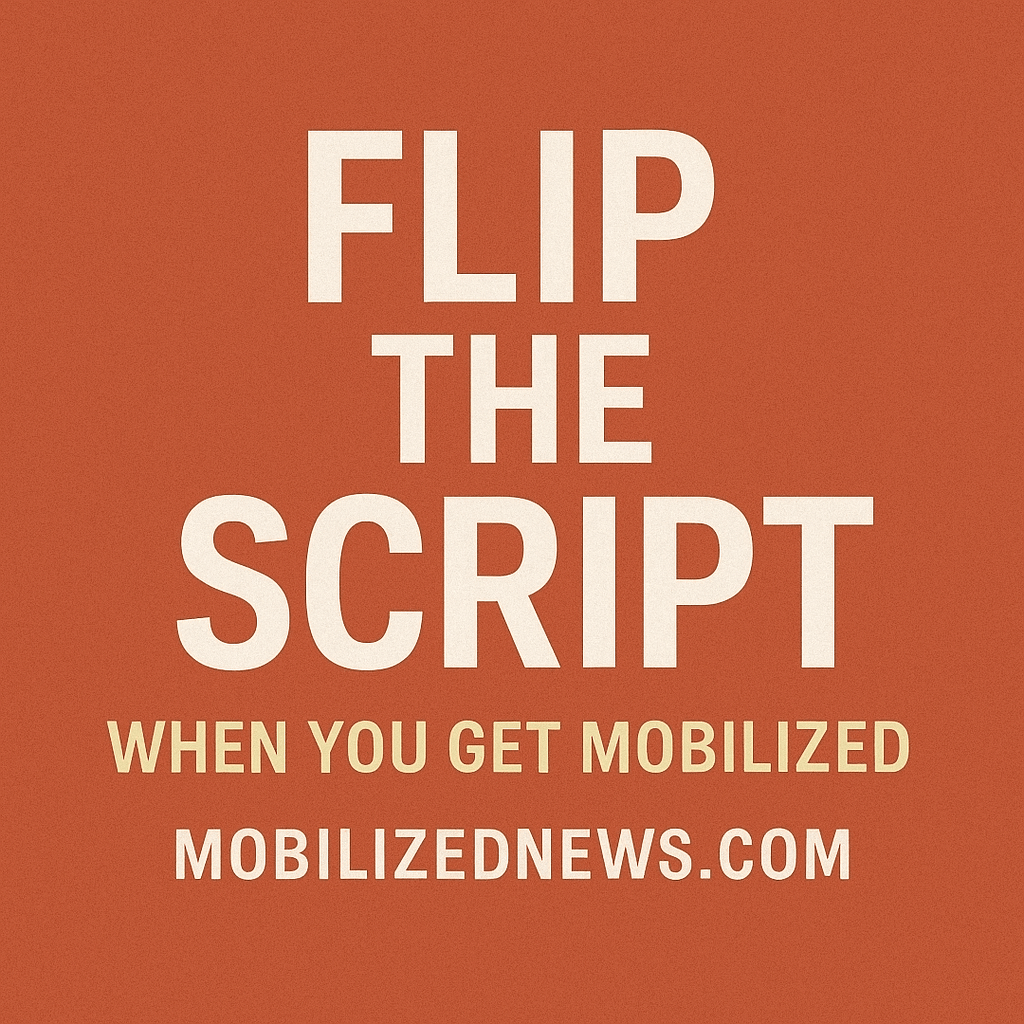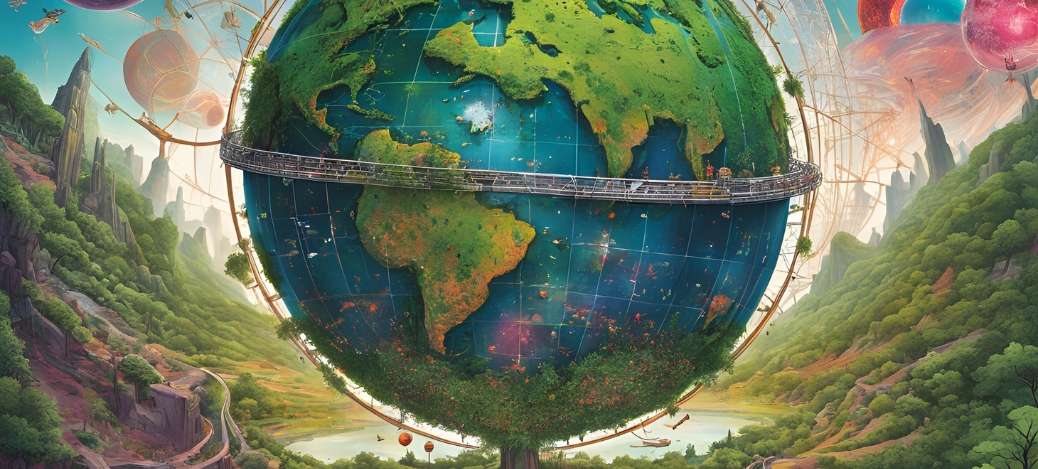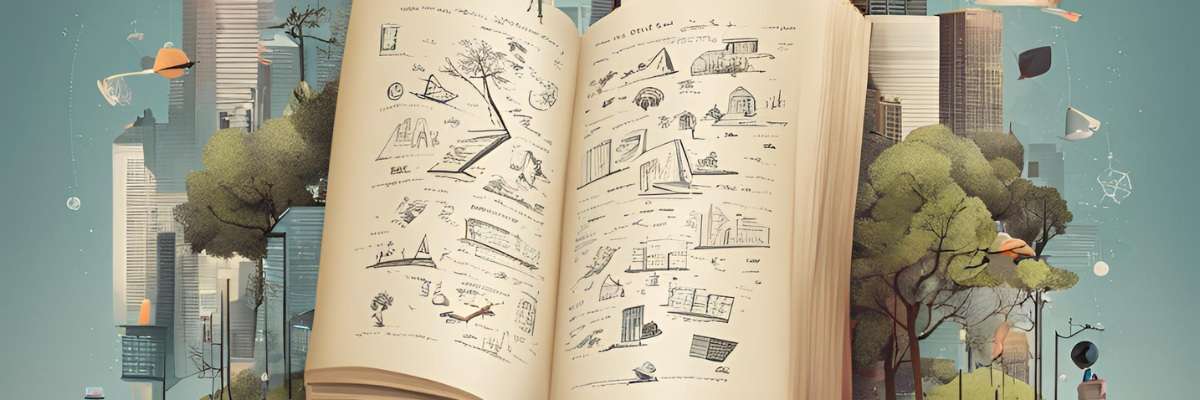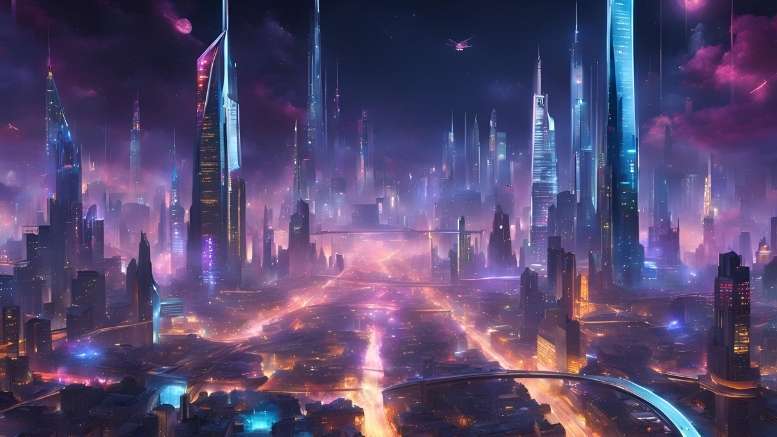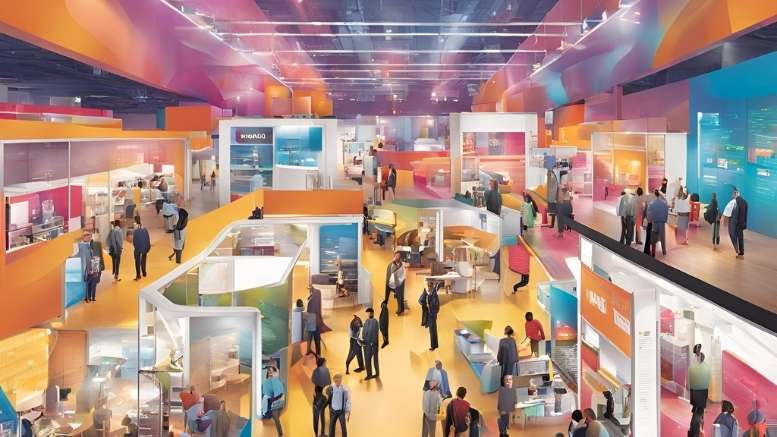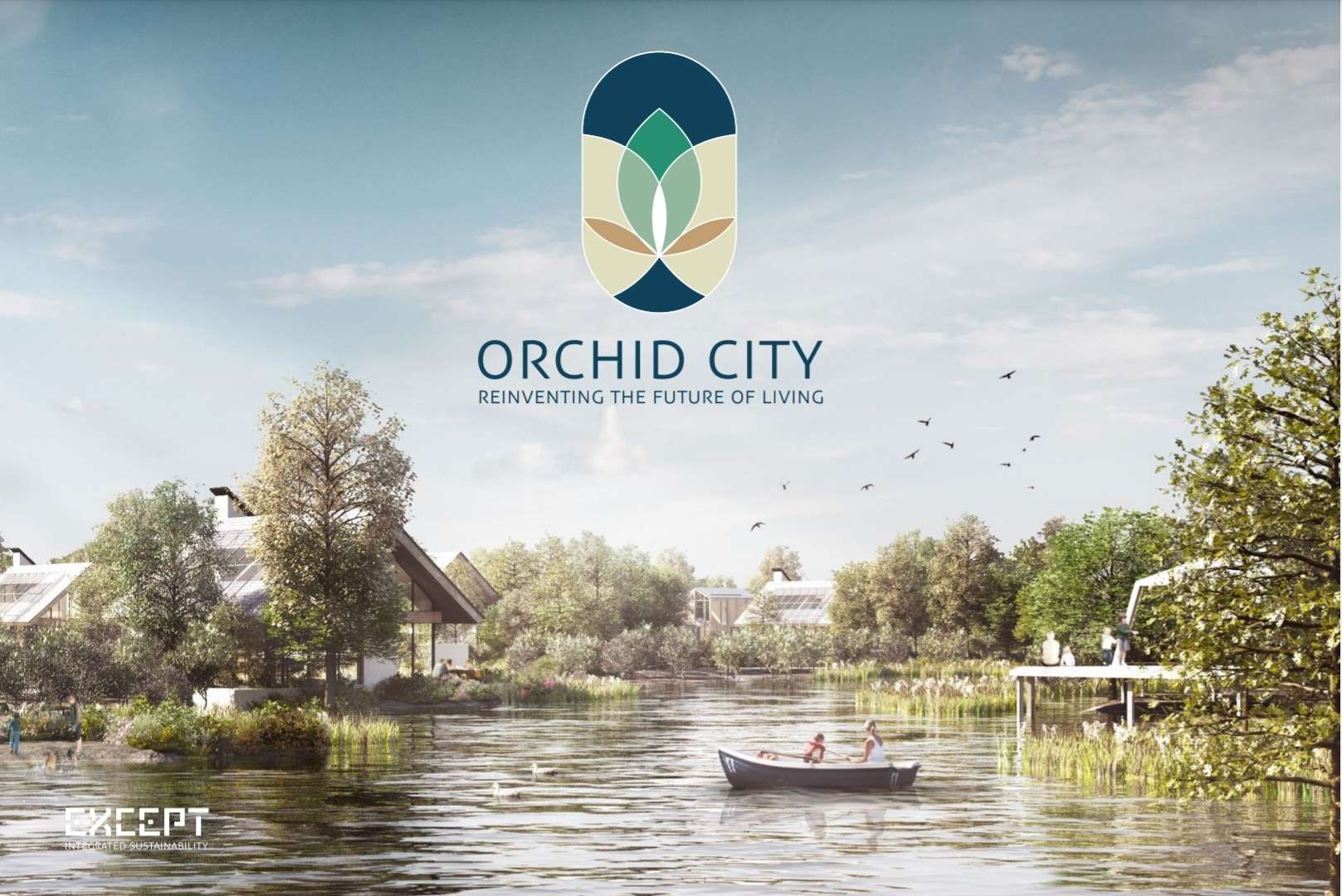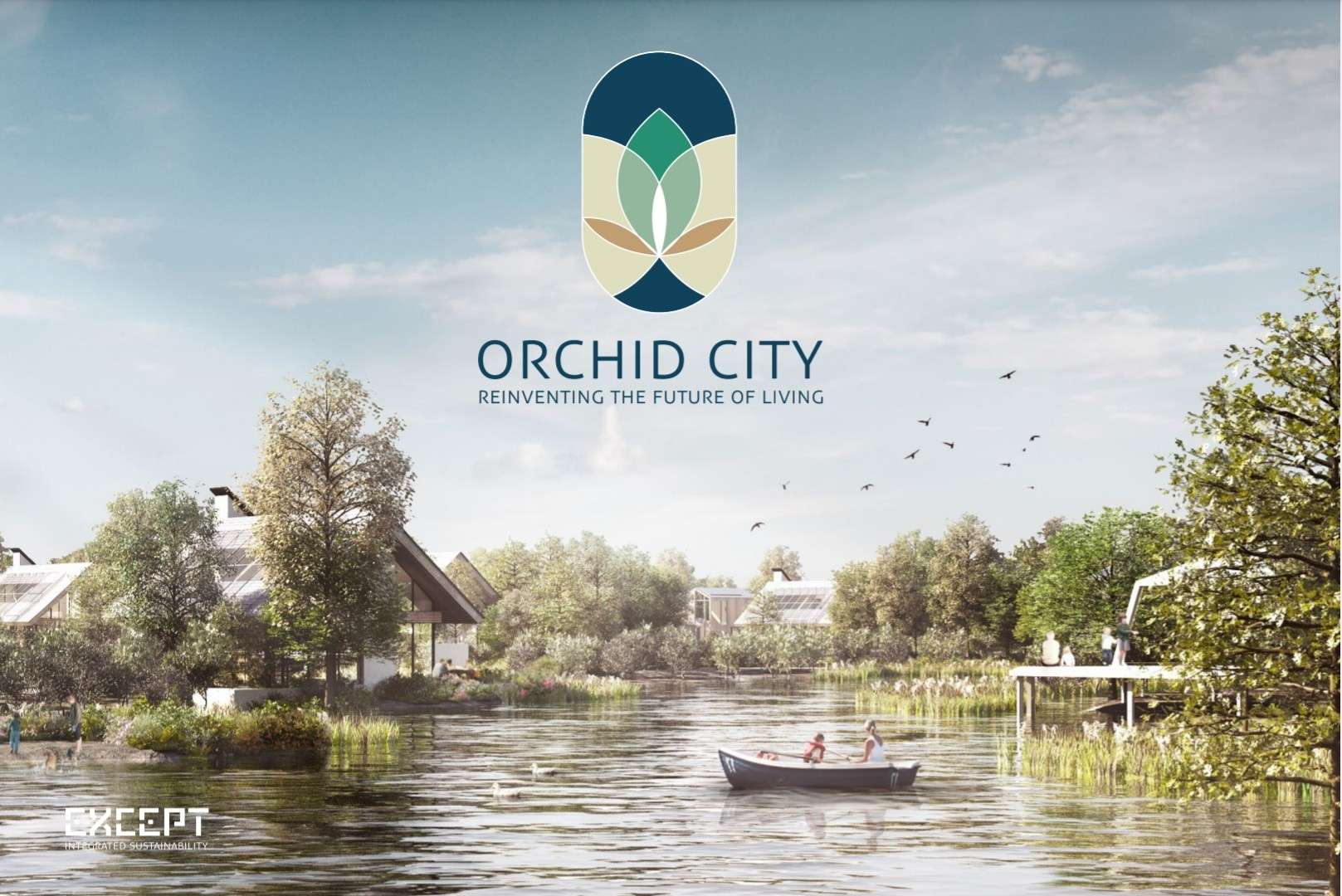INFO-COMM
American Democracy and other Fairy Tales
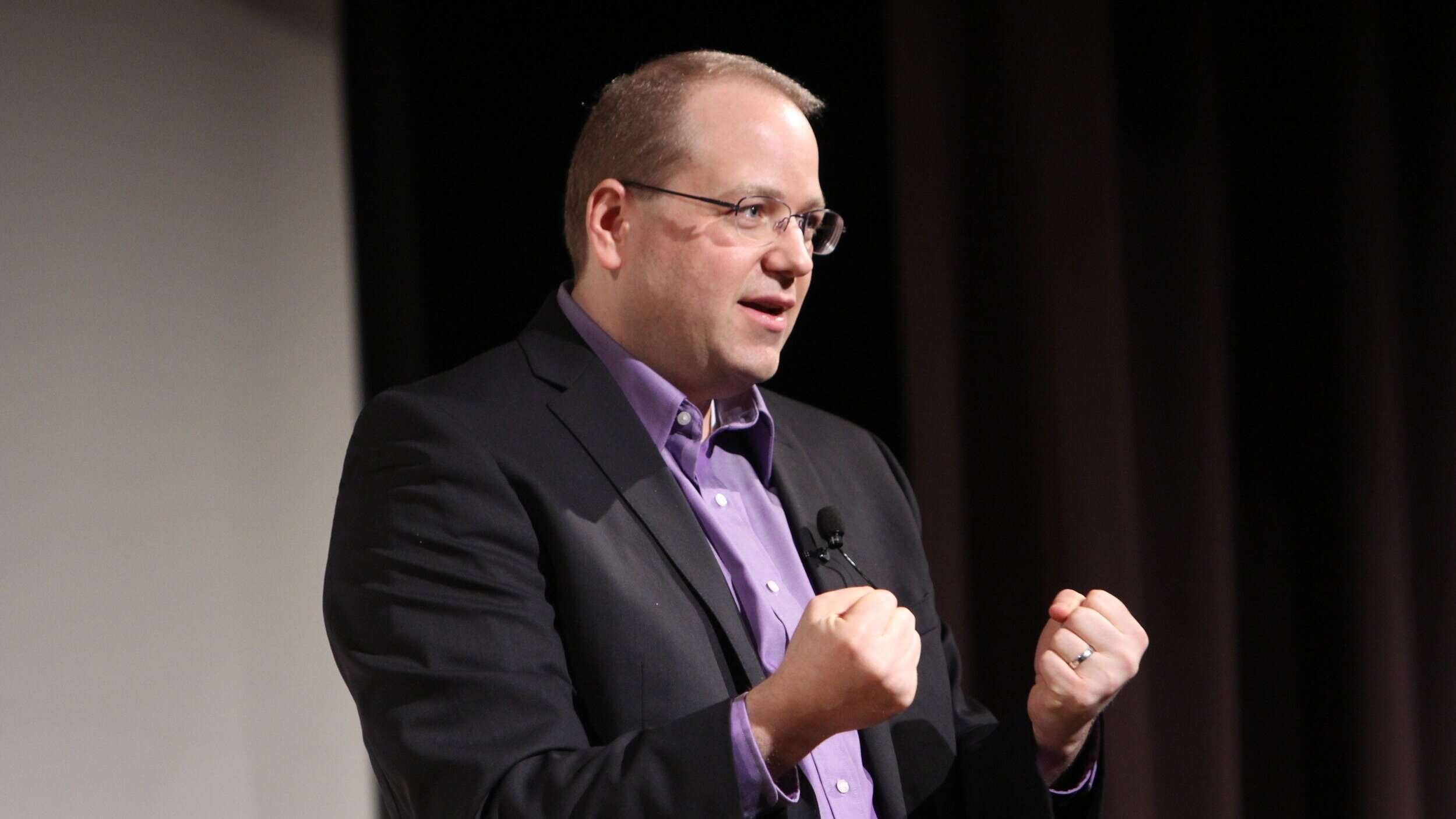
Thomas Linzey, Esq.—co-founder of the Center for Democratic and Environmental Rights (CDER) and a pioneer in the Rights of Nature and community self-governance movements— offers the important opportunity to explore the legal, philosophical, and revolutionary underpinnings of ecological democracy.
Our conversation on his provocative framing of “Democracy and Other Fairy Tales” and the path to enabling legally enforceable Rights of Nature laws will allow youe to grapple with the core disconnect between law, justice, and planetary health—and how to fix it.
On Community Civil Disobedience in the Name of Sustainability: The Community Rights Movement in the United States (e-Book)
Humanity stands at the brink of global environmental and economic collapse. We have pinned our future to an economic system that centralizes power in fewer and fewer hands, and whose benefits increasingly flow to smaller and smaller numbers of people. Our system of government is similarly medieval—relying on a 1780s constitutional form of government written to guarantee the exploitation of the natural environment and elevate “the endless production of more” over the rights of people, nature, and their communities.
But right now, people within the community rights movement aren’t waiting for power brokers to fix the system. They’re beginning to envision a new sustainability constitution by adopting new laws at the local level that are forcing those ideas upward into the state and national ones. In doing so, they are directly challenging the basic operating system of this country—one which currently elevates corporate “rights” above the rights of people, nature, and their communities—and changing it into one which recognizes a right to local, community self-government that cannot be overridden by corporations, or by governments wielded by corporate interests.
This short primer from the Community Environmental Legal Defense Fund explores and describes the philosophy and underpinnings of the community rights movement that has emerged in the United States—a movement of nonviolent civil disobedience based on municipal lawmaking.
About Thomas Linzey
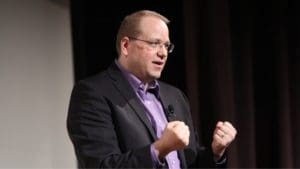 Linzey is a graduate of Widener Law School and a three-time recipient of the law school’s public interest law award. He has been a finalist for the Ford Foundation’s Leadership for a Changing World Award, and is a recipient of the Pennsylvania Farmers Union’s Golden Triangle Legislative Award. He is licensed to practice law in Pennsylvania, and is admitted to practice in the U.S. Supreme Court, the Third, Fourth, Eighth, and Tenth Circuit Courts of Appeals, and the U.S. District Court for the Western and Middle Districts of Pennsylvania. He co-founded the Community Environmental Legal Defense Fund. He also sits on the Board of Advisors of the New Earth Foundation.
Linzey is a graduate of Widener Law School and a three-time recipient of the law school’s public interest law award. He has been a finalist for the Ford Foundation’s Leadership for a Changing World Award, and is a recipient of the Pennsylvania Farmers Union’s Golden Triangle Legislative Award. He is licensed to practice law in Pennsylvania, and is admitted to practice in the U.S. Supreme Court, the Third, Fourth, Eighth, and Tenth Circuit Courts of Appeals, and the U.S. District Court for the Western and Middle Districts of Pennsylvania. He co-founded the Community Environmental Legal Defense Fund. He also sits on the Board of Advisors of the New Earth Foundation.
Linzey is the author of Be The Change: How to Get What You Want in Your Community (Gibbs-Smith 2009), the author of On Community Civil Disobedience in the Name of Sustainability (PM Press 2016), and the co-author of We the People: Stories from the Community Rights Movement in the United States (PM Press 2016). He was a co-host of Democracy Matters, a syndicated public affairs radio show broadcast from KYRS in Spokane, Washington. He was featured in Leonardo DiCaprio and Tree Media’s film The 11th Hour and We the People 2.0 (Official Selection of the Seattle International Film Festival).
Linzey’s work has been featured widely, including in the New York Times, the Los Angeles Times, Mother Jones, and the Nation magazine. In 2007, he was named one of Forbes Magazine’s “Top Ten Revolutionaries,” and he was named one of the top 400 environmentalists of the last 200 years in the two-volume encyclopedia, American Environmental Leaders (3rd Ed. Grey House Publishing 2018). He is currently working on a new book, “Modern American Democracy (and other fairy tales)” (forthcoming).
Flip the Script
The antidote to information overload is Here.
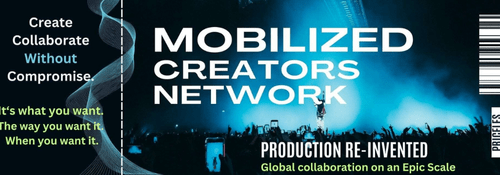

Global Conferences Are Failing Us
The world’s most high-profile gatherings aren’t solving the crises they were built to address.
From COP summits to Davos to the World Social Forum—too many meetings, too few solutions.
Why it matters:
We don’t have time for performative panels and diplomatic selfies. What we need is collaborative action — now.
⚠️ The Problem with “Conference Culture”
COP = More Talk, Less Action: 30 years of climate summits, and emissions are still rising.
Davos for the 1%: The World Economic Forum claims to shape the future—but the future it’s shaping looks like the past.
Social Forums Stall: The World Social Forum preaches change but struggles with implementation and global impact.
All Share a Flaw: Top-down models. Closed rooms. Speeches, not systems.
“We cannot solve our problems with the same thinking that created them.” – Albert Einstein
Enter: MobilizedNews.com
A living media network—not just another event.
MobilizedNews.com replaces the “summit” with a 24/7 global collaboration platform.
Think of it as a World’s Fair of Solutions — open-source, decentralized, and action-driven.
Journalism + documentary + grassroots organizing
Decentralized participation, not corporate gatekeeping
Multilingual tools to connect across borders
A system that empowers creation — not consumption
“I must create a system, or be enslaved by another man’s.” – William Blake
✅ What Makes It Different
Always-on: No more waiting for once-a-year events to address urgent issues.
Community-led: Local stories and global solutions co-created by frontline voices.
️ Toolkits over talking points: Real guides to build local food systems, energy co-ops, regenerative economies.
Participate, don’t spectate: Public assemblies, collaborative journalism, and shared intelligence.
What You Can Do
Join the network: MobilizedNews.com is open to contributors, creators, and changemakers.
Flip the script: Pitch a solution, report a story, or collaborate across continents.
Create, don’t conform: Build your own system with tools that work for people, not profit.
Spread the model: Share this platform with networks who are ready to act, not just talk.
The Bottom Line
Old models aren’t broken — they were built not to change.
It’s time to move from pageantry to participation. From talk to tools.
MobilizedNews.com is not another conference. It’s the platform to co-create a future that works — for all of us.
Flip the Script
The Big Picture: Understanding the Evolution in Media
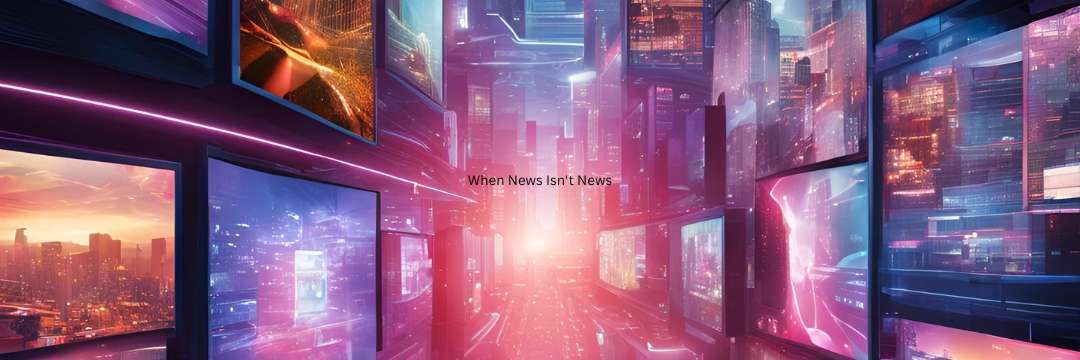
The old newsroom playbook is broken. If journalism wants to stay relevant, it must meet people where they are — mobile, visual, fast, and interactive.
The News Revolution Is Here
The way we get our news has changed — fast.
A new global report reveals that smartphones, influencers, and AI now shape how people learn about the world. And trust? It’s still on shaky ground.
Why it matters:
Media habits are shifting dramatically — and traditional news outlets risk becoming irrelevant if they don’t adapt.
The Big Picture
Mobile dominates: 39% in the U.S. start their day with news on phones — 57% for those under 35.
Social video > headlines: TikTok, YouTube, and Instagram are now core news platforms for Gen Z.
Trust is low: Only 40% globally say they trust most news most of the time.
Avoidance is up: 4 in 10 actively avoid the news — too negative, too confusing.
New Players, New Rules
️ Influencers rising: Joe Rogan reaches over 20% of weekly news consumers in the U.S.
AI enters the chat: 15% of under-25s now use ChatGPT or Gemini for news.
Subscriptions stall: Only 17% pay for news in rich countries — and growth is flat.
Around the World
Asia & Africa leap ahead: Countries like India and Thailand lead in video-first and AI-assisted news habits.
UK lags behind: Just 3% use AI weekly for news.
Alerts matter: Push notifications are one of the last direct channels for publishers — but easily ignored or blocked.
What’s Next
Video is non-negotiable.
Mobile-first design is critical.
AI is here to stay — but must be transparent.
Creators are competitors — and collaborators.
Business models need a reboot.
The takeaway:
The old newsroom playbook is broken. If journalism wants to stay relevant, it must meet people where they are — mobile, visual, fast, and interactive.
INFO-COMM
2025 Tech Trends Webinar

Smart Cities Council invited leading experts to provide quick snapshots of game-changing technologies set to transform our urban landscapes. From Data Privacy to Insider Risk, AI, IoT, sustainable energy, and more, we looked at what might define smart cities in 2025. Watch the recording to gain valuable insights and stay ahead in the rapidly evolving world of urban technology.
Speakers:
- Robyn Francis, Regional Lead Smart Cities Council Asia Pacific – Host
- Nicole Stephensen, Ground Up Privacy – Welcome, Data Privacy, Takeaways
- Sameer Bhandari, Vantiq – AI in Urban Systems and Real Time Data
- Rignesh Soni, SPPlus – AI in Urban Infrastructure and Mobility
- Catherine Caruana-McManus, Meshed IoT – IoT, AI Intersection in Urban Solutions
- Darren Murphy, Core Integrity – Cybersecurity: Insider Threats
- Karandeep Chadha, SCC Intelligent Transport Hubs Task Force and
- Tim Young, Smart Access – AI and Machine Learning in Mobility
- Matthias Gelber, IoT Aggregation
- Nathan Quadros, Veris – 3D City Modelling and Digital Twin Technologies


